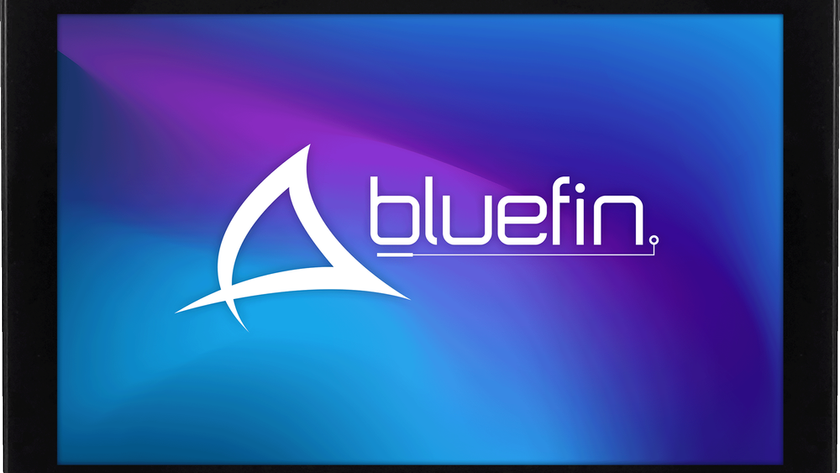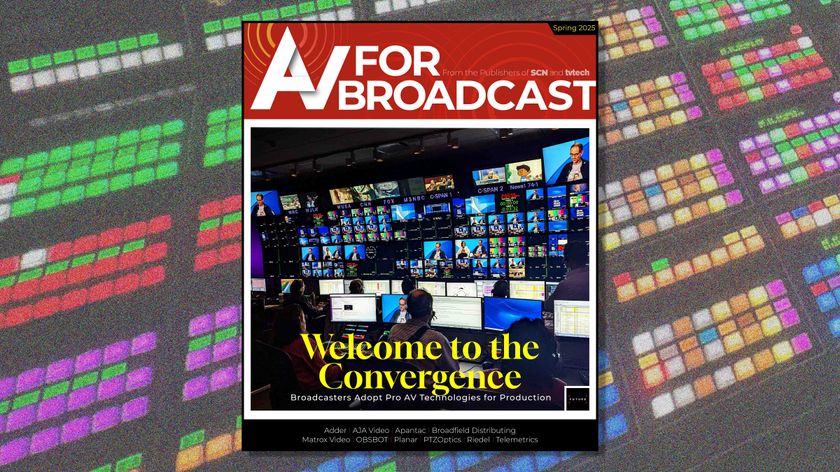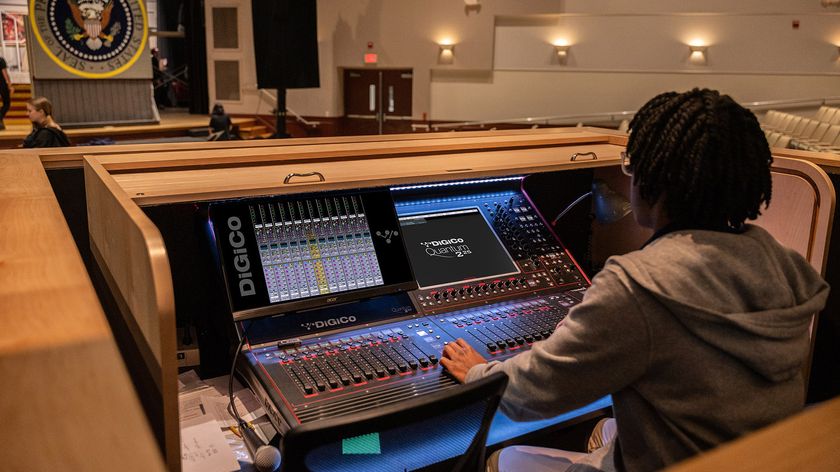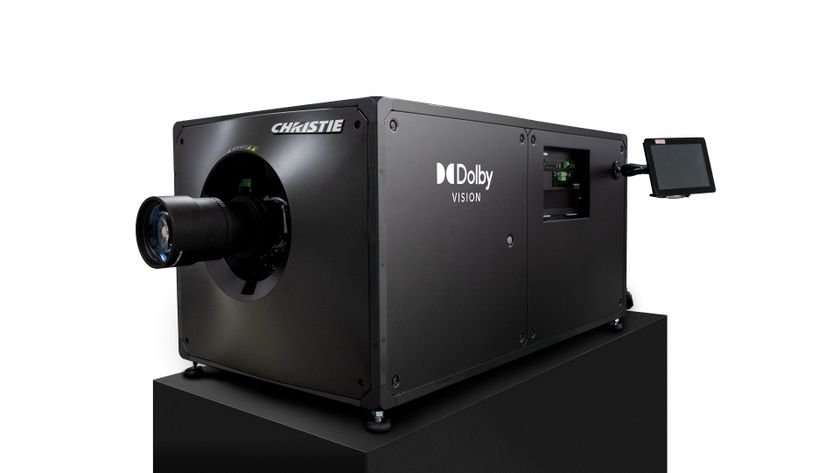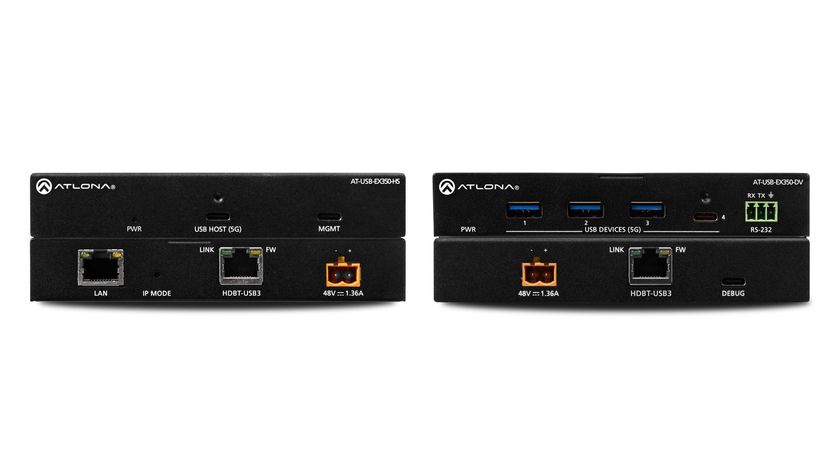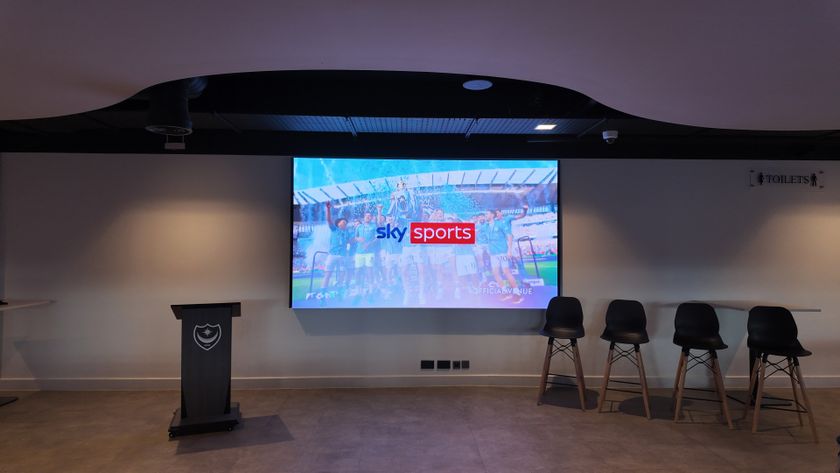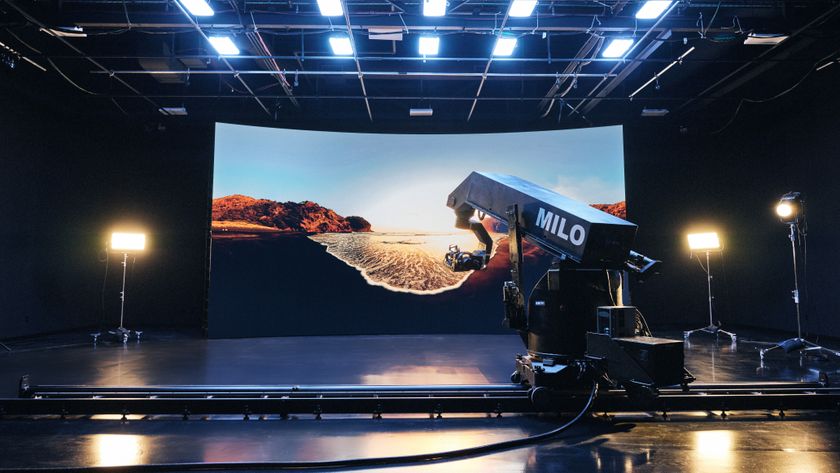- It’s not every day that mergers or acquisitions in the AV world make the front pages of mainstream media, as did Monday’s announcement that Samsung was acquiring Harman Industries. But Samsung+Harman, that’s news anywhere. What should our industry make of this news? If you read the New York Times and Wall Street Journal news stories this week, they are obsessed with one thing: the auto market. The gist of their thinking: Samsung wants Harman's automotive technology products and auto industry relationships, period. If you read some of the AV industry news/analysis, you got more detail: “Samsung wants Harman's automotive smarts and connected tech, and Pro audio, AMX and Martin are just along for the ride”.
- As other developments in the U.S. this fall indicate, and as Henry Kissinger used to say, predictions are difficult, especially about the future. But this acquisition news is too important to not pay attention to some big, deep trends here.
- Predicting the past: Most AV industry professionals probably don’t realize how much the automotive sector contributes to Harman’s revenues. Harman products for that sector– that’s a much bigger market than pro audio or consumer audio. About 65% of Harman’s $7 billion of sales during the 12 months ended September 30, 2016 were on the auto technology side.
- And no one needs to be reminded that technology for the automobile is one of the hottest tech markets in the world right now. Harman is one of only a few huge players in connected car solutions, with more than 30 million vehicles worldwide equipped with its connected car and audio systems. Key to understanding this market and why it’s so important to both Harman and Samsung: the “audio systems” portion of that market is the least interesting going forward– but it’s still key to bigger puzzle.
- Car audio is indeed what Harman brought to the auto market dance decades ago. Without a deep exegesis of the whole story, it can be summed up by emphasizing that Harman’s brilliance in the car audio market was not the result of some unique technology platform but rather its branding genius. Back before the computerized auto, cars were about brand identity not tech innovation. And that extended to car audio as well. Harman was able to not go down the dead end street of just being an OEM supplier of car audio to Detroit, they instead succeeded in creating prestige brands that could be married to other prestige brands, to boost both parties to the marriage. The interest was in the brand prestige of Mark Levinson + premium Toyota. Of Infinity in Chrysler. JBL in Ford/Lincoln. And so on. And those kinds of marriages continue today. Jaguar is now branded with Harman Kardon. And Harman has found a match for its Revel with Lincoln. Nice stuff. But note, in that list of all-Harman audio and carmakers, you don’t see Mercedes, BMW, or Audi.
- In U.S. presidential politics, you may have read about what happens when a new president appoints captains of industry to key positions in Washington. When the late and great Sydney Harman went into the Carter administration, as U.S. Under Secretary of Commerce, he sold Harman Kardon to the conglomerate Beatrice. No fuss and no shell games– those were different times. When Harman left government, he started a brilliant campaign of reassembling, with a new model, now under Harman International Industries. The most important acquisition in that era: Harman bought Becker. That was key, because that got Harman into telematics for cars. Telematics deals with the electronic functions of a car that are non-audio. We now call that part the “connected car” side. And that connected car side of the market, that is what makes Harman a huge player in the auto market today. (Only a handful of companies worldwide dominate that telematics market for cars: Harman, Siemens, and Denso, are at the top of that list that includes a few more, but until this week that list had no Korean or Chinese companies.) Telematics is obviously the bigger and more important piece of the car as we move to the era of navigation systems plus security plus safety technology that all lead to the ultimate car tech dream of the self-driving car. Samsung is not buying Harman so much for its strength in the “car audio” market. It is buying for its strength in the telematics side of the car market. Which brings us back round to why “you don’t see Mercedes, BMW, or Audi” on the car audio list above. Well, indeed, Mercedes, BMW, and Audi are Harman customers on the connected car side of the market. In the final analysis, it will turn out that Samsung is getting, and needing, both sides, the audio and the telematics strength, from Harman.
- You’re thinking, interesting, but what does that have to do with pro audio or pro AV? I’ll have to quote those CNN guys and say “it’s too early to tell”. (Wait, the CNN guys stopped saying that. Now, it's never too early to tell, and tell, and tell.) I will leave this week, and this story, for now, with this food for thought:
- First, not from me, but from Mohit Parasher, Executive Vice President of Harman and President of Harman Professional Solutions, regarding Samsung’s agreement to acquire Harman International:
- “At HARMAN Professional Solutions, we bring together our market-leading brands in audio, lighting, video and control to create the best end-to-end solutions for our entertainment and enterprise customers all over the world. We are driven by innovation, product excellence and the constant pursuit of bringing the latest technologies to people’s experience, whether it be in hospitality, retail, corporate, education, government, cinema, broadcast or concert touring settings. So, it is with that dedication to our customers that we celebrate Samsung’s commitment to HARMAN.
- “We see this transaction as a benefit to all stakeholders in the Professional Solutions space because we will be able to leverage Samsung’s unparalleled global scale and R&D capabilities that will enable us to accelerate our innovation,” said Parasher. “The combination will also expand the company’s business-to-business platform through its ability to deliver integrated, large-scale audio, video, lighting, control and switching professional solutions across all the market verticals we serve. The synergy is compelling and we see a clear opportunity to develop and own a total complete end-to-end solution for our customers.”
My thoughts: Traditionally in the pro AV, world, there has been kind of a “tale of two cities”, a dichotomy, between audio, and video, in terms of how the two classes of products go to market.
Generalizing:
- Pro Audio products from companies such as Harman, and also their competitors, were distributed through “reps”, rep firms. (And also, Harman for example, never sold pro audio product directly to end users.)
- Video products on the other hand, went through “dealers”. (This model above, has been kept in place, for AMX, for example, even after AMX was acquired by Harman.)
Today, Samsung, in the pro AV market, sells LCD, and LED displays, through dealers, and also through big “Distributors” such as Ingram Micro, Almo, Stampede, and others. This is very different than the distribution model on the pro audio side. This will be key to watch as this merger develops. If you missed it, InfoComm International recently released the 2016 Global Pro-AV Distribution Channel and Trends Report. This new report explores the ways pro-AV products and services move through the market — from manufacturer to end-user organization — and identifies factors that influence the various channels. Read it, and then look at the Samsung/Harman news in that light…)
So how will this go-to-market dichotomy play out, in Samsung-Harman? It will be interesting to watch, the different Harman divisions going forward:
• The Car division, now called Connected Car
• Professional Solutions Group. You know that one, that also of course now includes AMX, and Martin lighting. And now, wow, Samsung.
• Lifestyle. Consumer stuff, including importantly Bluetooth stuff. Consumer is important in terms of the value the brands bring to sales of embedded audio for TV, phones. (Sound familiar from the car biz scenarios?)
• Connected Services. Watch this one. Harman bought a bunch of code writers with Symphony Teleca, and now has lots of Fortune 500 customers here (and nothing to do with pro AV or cars… google Harman and the IBM Watson project). This is big.While the mainstream press, and even some trade press, play up the “automobile market” part of this acquisition news, are there important points that readers are not reading in that mainstream press coverage, that should give pro AV folks (pro AV integrators, end users of pro AV) reasons to be excited about the news, as opposed to just thinking “it will be business as usual for the pro AV customers of Harman”? I think there are. And Samsung and Harman are two great companies that have a lot to contribute to the continued evolution of our booming industry. Stayed tuned (but not while driving).

